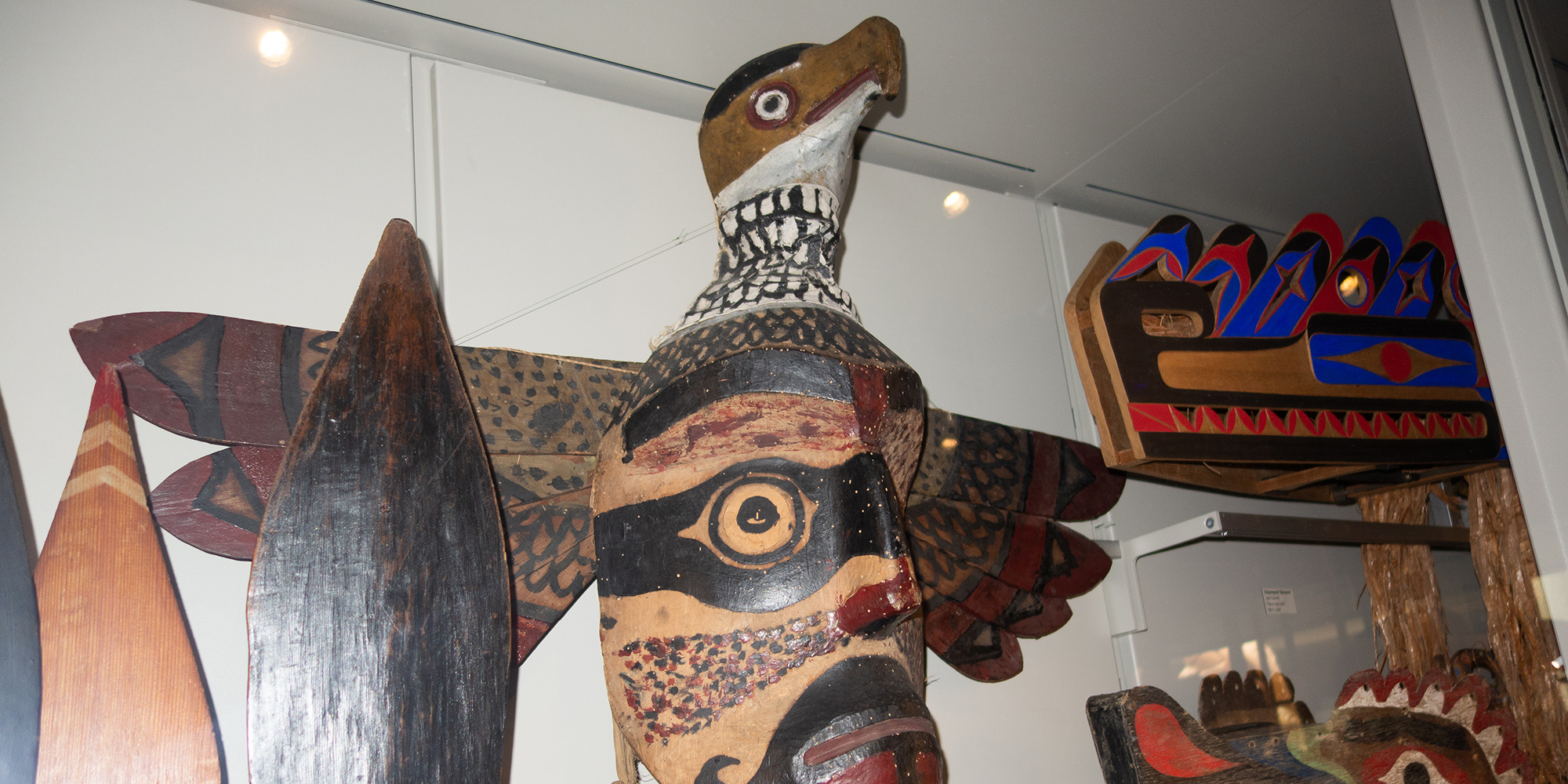Threats and Opportunities of a Trade War for Indigenous Food Insecurity
During his campaign and upon taking office in January 2025, the President of the United States announced his intent to impose tariffs on imported...

A central finding of this research is that Aboriginal procurement is not the same as traditional supply chain management. Procurement from Aboriginal contractors and communities involves relationship building and sustained partnership development in a manner unique from the typical request for proposal-style of supply chain contracting and service procurement that mining operations typically followed in the past. As such, procurement agreements with Aboriginal suppliers need to be approached and understood differently. [1]
A procurement strategy is a plan for how your organization will procure (acquire) the cost-effective goods and services required to successfully operate. An Indigenous procurement strategy (IPS) is just as it sounds - a strategy to procure cost-effective goods and services from Indigenous firms, and is typically part of an Impact and Benefit Agreement between an organization and an Indigenous community.
What constitutes an Indigenous (Aboriginal) firm?
Indigenous and Northern Affairs Canada defines an Aboriginal firm as one which is 51% owned and controlled by Aboriginal persons, and whose workforce is at least one-third Aboriginal in the case of firms with six employees or more. [2]
Let’s use a mining company developing a mineral deposit as an example. A mineral deposit is where it is... they aren’t strategically located in the vicinity of a hub of service providers. Most mineral deposits are located in remote regions of the country and in the traditional or treaty territories of Indigenous Peoples.
As a mine in the making requires a plethora of people, equipment, materials and services over an extended period of time it is a situation that lends itself well to a company having an IPS. It’s not necessary or even possible sometimes to restrict the IPS to local Indigenous firms but there are many benefits to doing so.
A company that patronizes local Indigenous firms can claim to have accommodated the Indigenous interest aspect of the duty to consult and has an opportunity to contribute to the local economy and to building business capacity within the community. Additionally, a community that has a vested interest in a project is more likely to support the project, as long as its Constitutional rights and title are recognized and respected, environmental concerns are addressed and traditional rights and practices are not impacted. However, it should not be assumed that patronizing local Indigenous businesses automatically guarantees support.
If there is a significant number of opportunities for local businesses a company could consider hiring an Indigenous business development coordinator or liaison person. The coordinator would:
Some IPSs include training and/or financial support to the community/ies so that they are sufficiently prepared to provide required services. Funding can be direct or can take the form of a letter of intent with the community so that they can secure outside financing to purchase equipment.
 Companies committed to working with Indigenous businesses should exhibit that commitment by enrolling in the Partnership Accreditation in Indigenous Relations (PAIR) certification program developed by the Canadian Council for Indigenous Business.
Companies committed to working with Indigenous businesses should exhibit that commitment by enrolling in the Partnership Accreditation in Indigenous Relations (PAIR) certification program developed by the Canadian Council for Indigenous Business.
 Indigenous Corporate Training Inc. is a proud Certified Indigenous Business by the Canadian Council for Indigenous Business (CCIB) and is certified to provide Partnership Accreditation in Indigenous Relations (PAIR) training and facilitation.
Indigenous Corporate Training Inc. is a proud Certified Indigenous Business by the Canadian Council for Indigenous Business (CCIB) and is certified to provide Partnership Accreditation in Indigenous Relations (PAIR) training and facilitation.
Benefits of becoming PAIR certified include:
We invite those interested in PAIR Certification to connect with us about our specialized services. Contact our trainer advisor to discuss your PAIR journey today!
NOTE: Since this article was written, PAR Certification has been renamed to PAIR Certification - Partnership Accreditation in Indigenous Relations. PAIR is offered by the Canadian Council for Indigenous Businesses (CCIB), which was formerly named the Canadian Council for Aboriginal Businesses (CCAB).
* This article was originally published in March 2017 and updated in January 2025.
[1] Partnerships in Procurement Understanding Aboriginal Business Engagement in the Canadian Mining Industry
[2] Indigenous and Northern Development Canada
Featured photo: Shutterstock

During his campaign and upon taking office in January 2025, the President of the United States announced his intent to impose tariffs on imported...

Canada’s historical reputation is of a country where living conditions were good, and there were ample economic opportunities - a “land of milk and...

Simply put, Indigenous procurement is the act of purchasing goods and/or services from an Indigenous-owned business. For example, our company, ...